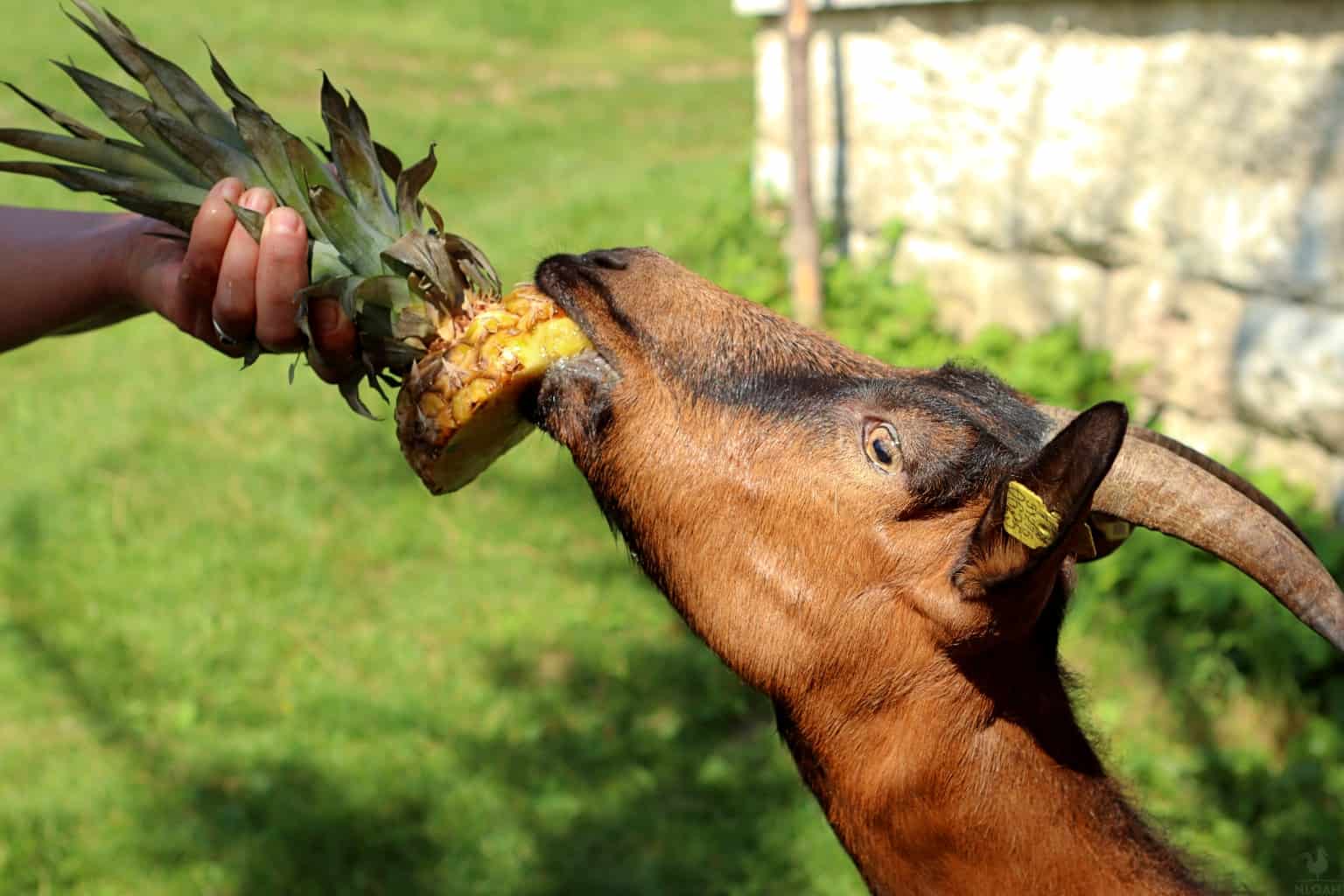Yes, horses can eat fennel without any harmful effects. Fennel is a nutritious herb that can be safely included in a horse’s diet.
It is known for its digestive benefits, as it can help with gas, bloating, and indigestion. Fennel is also rich in antioxidants and vitamins, which can support overall health and immunity in horses. Moreover, the aromatic scent and flavor of fennel can make it an appealing addition to a horse’s feed.
However, as with any new food, it is important to introduce fennel gradually to ensure that the horse tolerates it well. Monitoring the horse’s reaction and consulting with a veterinarian are recommended when adding fennel to their diet.
Benefits Of Fennel For Horses
Fennel provides horses with several benefits due to its rich nutritional properties. It aids in promoting digestion and can be effective in preventing colic. Additionally, fennel supports natural respiratory health, making it an ideal choice for horses with respiratory issues.
Its natural compounds work in sync to alleviate respiratory discomfort and promote overall wellness in horses. Fennel can be incorporated into their diet to provide the necessary nutrients and therapeutic properties. Its unique blend of vitamins, minerals, and antioxidants helps horses maintain a healthy digestive system and supports their overall well-being.
Adding fennel to their feed can enhance their digestive functions, improve nutrient absorption, and contribute to their overall health. Incorporating fennel into a horse’s diet can be a natural and effective way to promote their digestive and respiratory health.
Potential Risks Of Feeding Fennel To Horses
Feeding fennel to horses may pose potential risks, including allergic reactions and sensitivities. It is important to be aware that fennel could interfere with medication horses may be prescribed. Overconsumption of fennel can lead to digestive upset, causing discomfort for the horse.
It is crucial to monitor the horse’s intake and ensure it does not consume excessive amounts of fennel. While it may be tempting to add fennel to a horse’s diet due to its health benefits, it is essential to consult with a veterinarian before introducing any new food.
Monitoring the horse’s response to fennel and being cautious of possible side effects is important to maintain its health and well-being.
Guidelines For Feeding Fennel To Horses
Fennel can be a healthy addition to a horse’s diet when fed in moderation. When preparing fennel for horses, it is important to wash it thoroughly and remove any tough stems. The recommended dosage of fennel for horses is approximately 1 to 2 tablespoons per day, which can be added to their regular feed.
It is best to introduce fennel gradually into their diet and monitor any potential allergic reactions or digestive upset. Feeding fennel to horses on a regular basis should be done in moderation to avoid overconsumption and potential adverse effects. As always, it is essential to consult with a veterinarian or equine nutritionist before making any changes to your horse’s diet.
By following these guidelines, you can safely incorporate fennel into your horse’s feeding regimen.
Alternative Uses Of Fennel In Equine Care
Fennel can be a beneficial addition to equine care, with various alternative uses worth exploring. One such utilization involves fennel essential oil, which can be employed in equine aromatherapy. This natural oil not only offers a delightful scent but also acts as a fly repellent in the barn.
By using fennel essential oil, horse owners can effectively deter bothersome flies from their animals. Moreover, fennel’s versatile properties extend beyond repelling flies. It can also be used in equine aromatherapy to promote relaxation and reduce stress. Whether it’s relieving anxiety or providing a calm environment, fennel proves its efficacy in multiple ways.
So, consider incorporating fennel into your equine care routine and discover the benefits it brings to your horse’s well-being.
Frequently Asked Questions About Fennel And Horses
Yes, horses can eat fennel. Pregnant mares can safely consume fennel as part of their diet. For horses with respiratory conditions, feeding them fennel can help alleviate symptoms and improve their overall respiratory health. Additionally, fennel can be beneficial for horses with bad breath, as it can freshen their breath and support oral hygiene.
Whether it’s to provide relief for respiratory issues or to combat bad breath, fennel can serve as a natural and safe addition to a horse’s diet. However, as with any new food, it is important to introduce fennel gradually and monitor the horse for any adverse reactions.
Overall, fennel can offer various health benefits for horses and can be safely included in their feeding regimen.

Credit: www.newlifeonahomestead.com
Conclusion
Fennel can be a nutritious addition to a horse’s diet when given in moderation. It offers several health benefits such as improved digestion, respiratory health, and immune system support. However, it is important to introduce fennel gradually and monitor your horse’s reaction to ensure there are no adverse effects.
Always consult with your veterinarian before making any significant changes to your horse’s diet. Remember to source high-quality, organic fennel to avoid any potential pesticide or herbicide contamination. It’s essential to take into consideration your horse’s individual needs and dietary restrictions.
By following these guidelines and providing the right amount of fennel, you can incorporate this herb into your horse’s diet and potentially enhance their overall well-being. So go ahead, try introducing fennel to your horse’s menu and enjoy the potential benefits it may bring.
